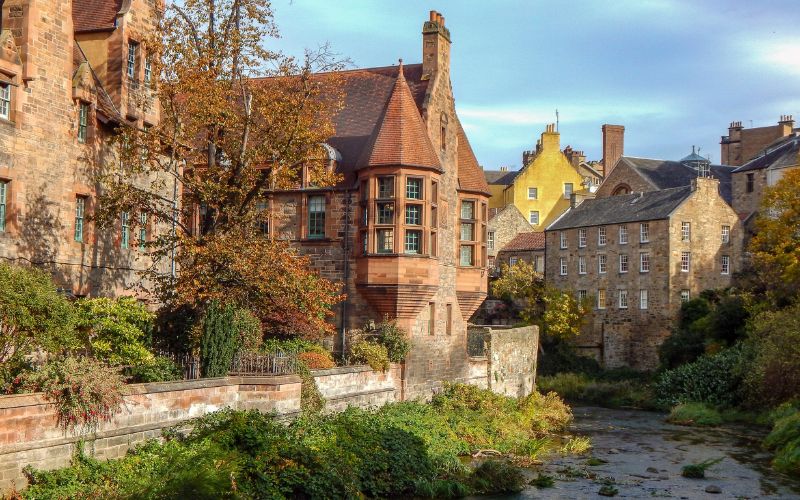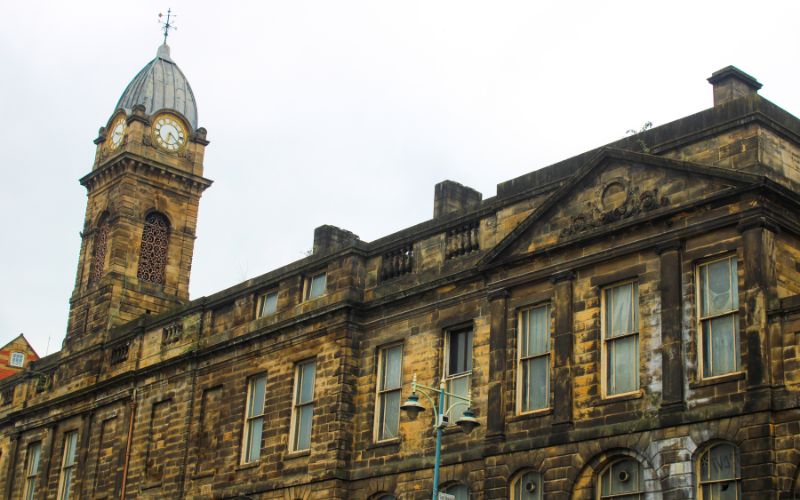From Georgian townhouses to Victorian factories, around 6.2 million domestic properties across the UK are said to have been constructed before 1919, with about 600,000 commercial builds also believed to predate the early 20th century.
The Report
A report conducted by Historic England and the National Trust, backed by several property organisations, states that retrofitting the UK’s historic buildings has the potential to generate £35bn as well as cut carbon emissions in line with the Government’s net zero targets.
Housing association Peabody, the Crown Estate, and Grosvenor (the Duke of Westminster’s property firm) have backed the idea of a national retrofitting campaign for the UK’s historic buildings.
This would see £35bn generated annually through construction, creating more job opportunities, reducing the property sectors carbon emissions, in addition to benefitting the hospitality and tourism industries.
Historic England, the National Trust, and other organisations behind the report have called on the Government to act on the proposed retrofitting campaign.
Energy Efficiency
Historic buildings are responsible for around a fifth of the UK’s greenhouse gas emissions. The report stated that retrofitting these properties can reduce their carbon output by 5% each year.
One of the main differences between older builds and newer builds is their ability to manage air flow and moisture. Modern builds have been designed to be airtight and host modern amenities such as showers and washer-dryers, where as older builds have not.
Historic buildings have been constructed using outdated materials, which means the risk of moisture build up has increased.
Additionally, these types of older buildings have a reputation for being cold and draughty. So, owners spend more money continuously trying to heat their property where heat loss is a persistent problem.
Retrofitting rectifies this common issue by replacing old doors and windows with more energy efficient products, as an example, allowing the building to better retain heat and ultimately reduce overall running costs.
Implementing energy efficiency measures increases the lifespan of the property and lowers emissions, avoiding unnecessary carbon emissions caused by demolishing the build and starting over.
Workforce troubles
According to the report, more than 105,000 new workers would be needed to solely work on retrofitting the UK’s historical properties every year for the next 30 years to meet the Government’s 2050 net-zero targets.
However, the UK has only half the number of skilled workers needed to deliver the campaign if it was to go ahead.
From Brexit to Covid19, the industry has continued to suffer from both a skills and labour shortage which has impacted project output across the sector.
Therefore, those behind the report have also called for the Government to create a national retrofit strategy which would see skills, training, funding, standards, and advice brought together in one place to increase the number of skilled workers in the sector.
New and existing construction workers will need to learn new skills, such as how to manage hydrogen boilers and how to work with heat pumps, whilst protecting the original features and heritage characteristics of the build.
Who are we?
Our team of Chartered Building Surveyors work closely with property owners, local authorities, landlords, and social housing providers across London and the South Coast to proactively navigate a changing horizon. From ensuring new projects are delivered on time and in budget, to delivering EPC and MEES upgrades on behalf of landlords.
Read more about our solutions here:
Reinstatement Cost Assessments
Planned Preventative Maintenance
Alternatively, email us at enquiries@sillencehurn.co.uk or call our Southampton team on 02380 014786 or London at 020 3143 2128





